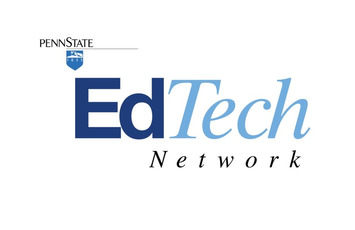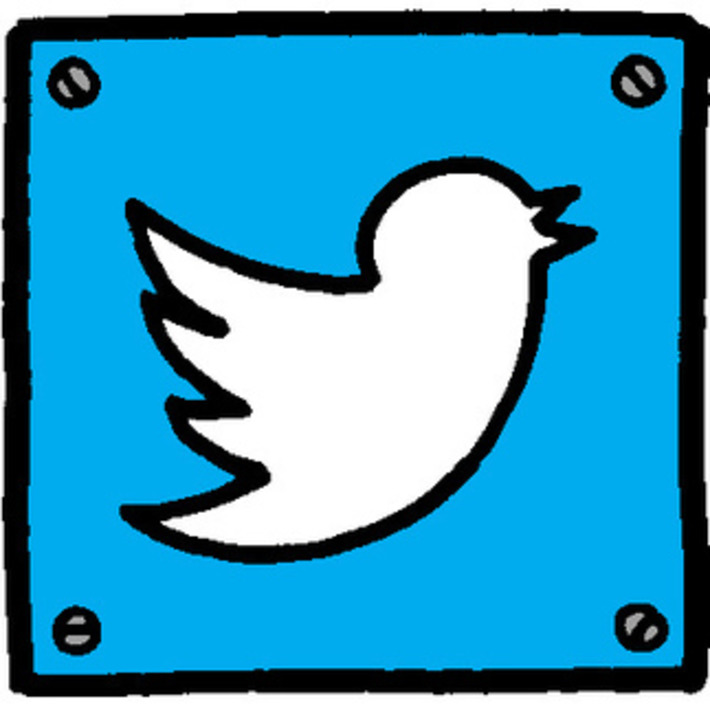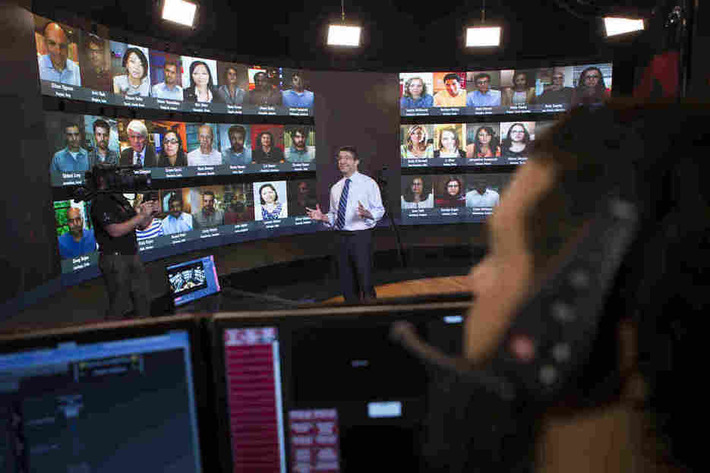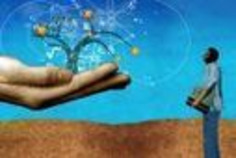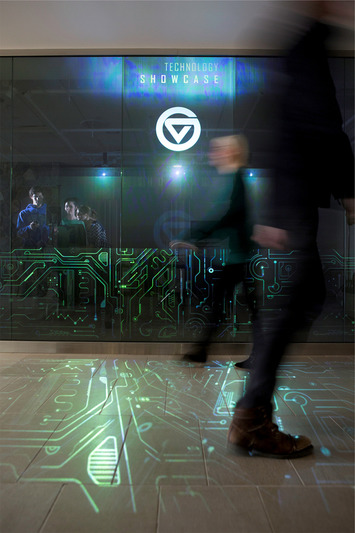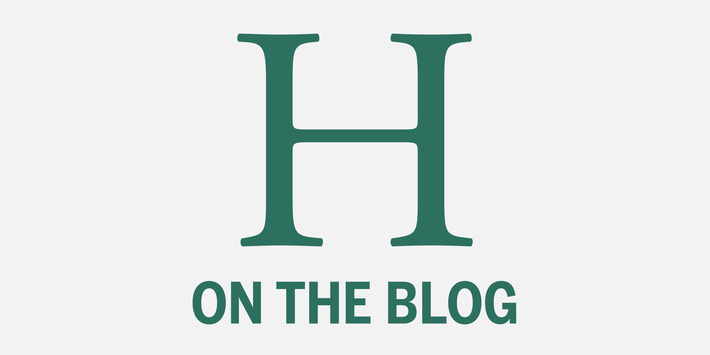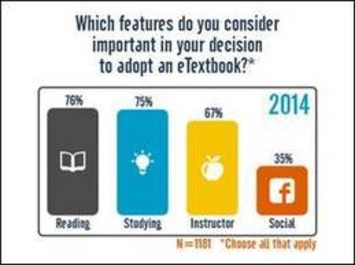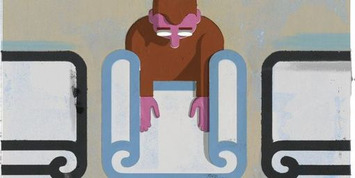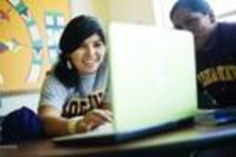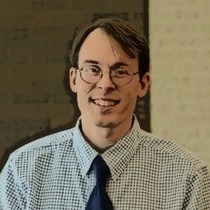Follow, research and publish the best content
Get Started for FREE
Sign up with Facebook Sign up with X
I don't have a Facebook or a X account
Already have an account: Login
Exploring the trends and technologies that are disrupting, transforming, innovating, and reinventing colleges & universities in the digital information age
Curated by
John Shank



 Your new post is loading...
Your new post is loading...



